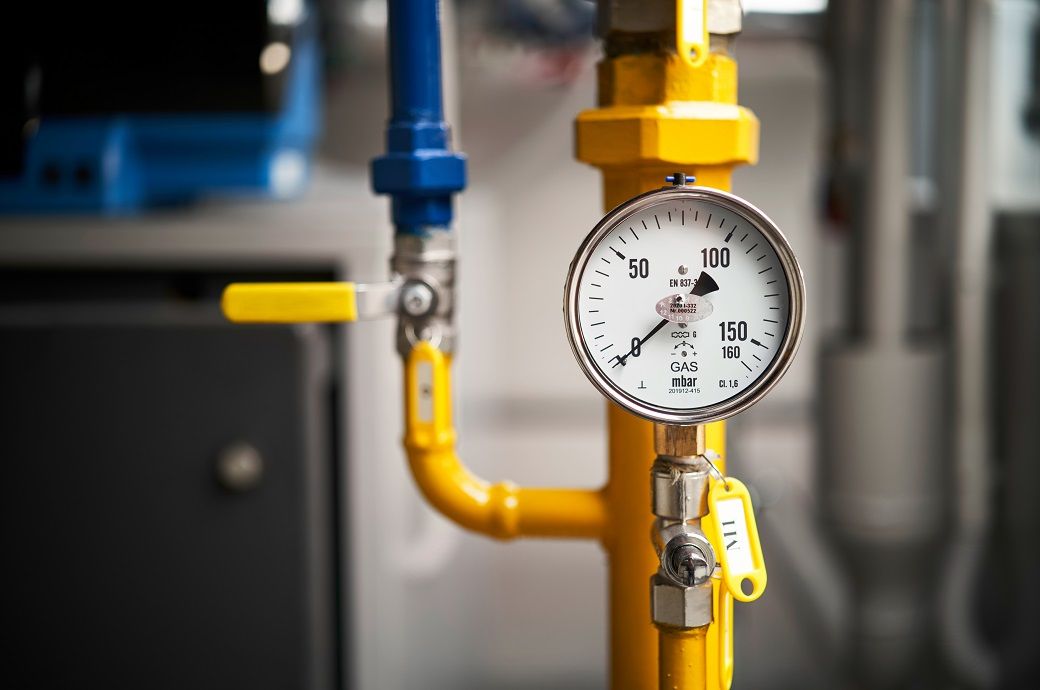
The EU’s reduced dependence on Russia for energy imports is particularly notable. Russia’s contribution to the EU’s petroleum oils imports plummeted by ** per cent, while the country’s share in total EU petroleum imports was only *.* per cent in Q* ****, a stark contrast to the **.* per cent share in Q* ****. Concurrently, natural gas imports from Russia fell from a monthly average of *.* million tonnes to *.* million tonnes over the same period. This decline was part of a broader EU strategy to reduce gas consumption, Eurostat said in a press release.
The reduction is attributed to various factors, including sanctions against Russia due to its aggression towards Ukraine and the EU’s commitment to diversifying its energy supplies. Sanctions began affecting trade from December **** and have continued into this year. In terms of petroleum oils, Norway, Kazakhstan, the US, Saudi Arabia, and Libya have emerged as important trading partners, increasing their market shares significantly.
Receive daily prices and market insights straight to your inbox. Subscribe to AlchemPro Weekly!